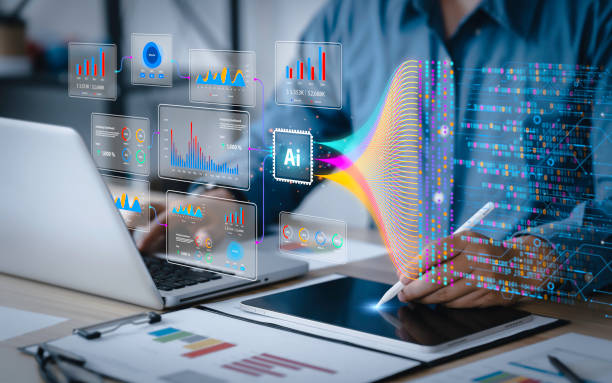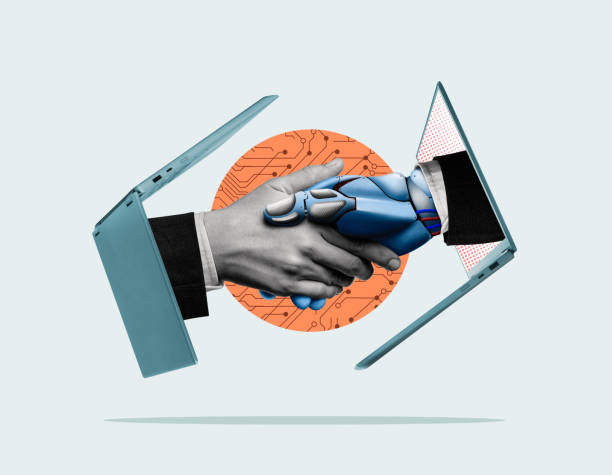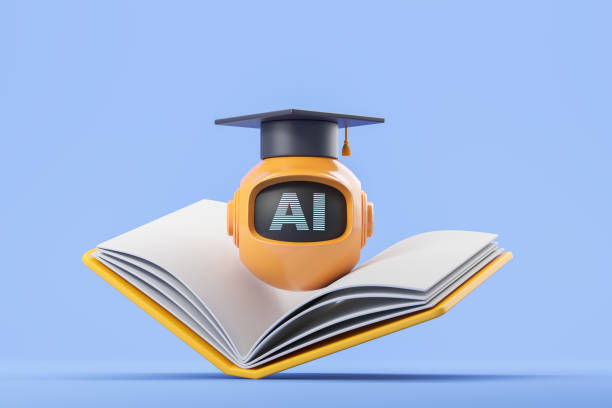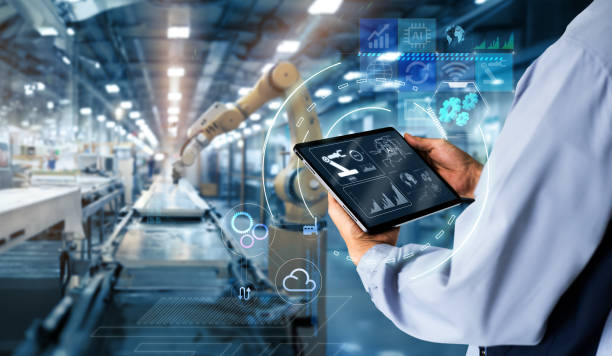Artificial intelligence (AI) continues evolving rapidly, becoming more integral across industries. Machine learning enables systems to improve decisions and predictions with minimal human input.
AI will automate complex tasks and enhance data analysis. Healthcare, finance, and transportation sectors are seeing major improvements due to intelligent systems’ capabilities and speed.
AI ethics and regulation will also develop as the technology becomes more powerful. Governments and organizations are expected to collaborate on ensuring transparency and accountability.
Edge AI, where data is processed on devices instead of the cloud, will gain popularity. It offers faster processing, better security, and real-time decision-making.
2. Quantum Computing
Quantum computing represents a monumental shift in computational power. Unlike classical computers, quantum systems use qubits that can represent multiple states simultaneously.
This technology will revolutionize fields like cryptography, pharmaceuticals, and climate modeling. Problems that take traditional computers years could be solved in seconds.
Quantum supremacy has been achieved in labs, but practical, large-scale quantum computers are still developing. Tech giants and startups are racing toward breakthroughs.
Challenges include hardware stability and error correction. As these barriers fall, quantum computing could unlock insights we can’t yet imagine.
3. Extended Reality (XR)
Extended reality, which includes virtual reality (VR), augmented reality (AR), and mixed reality (MR), is changing how we interact with digital content and the physical world.
Gaming and entertainment industries have been early adopters. Now, education, real estate, and healthcare sectors are leveraging XR for immersive experiences and training.
AR glasses and wearable devices are becoming more mainstream. They allow users to overlay digital content on the physical world, blending reality with information.
As 5G and spatial computing evolve, XR applications will become more seamless and realistic. This tech will impact daily life, work, and social interaction.
4. 5G and Advanced Connectivity
5G networks are much faster and more reliable than 4G, allowing for nearly instantaneous data transfer and supporting massive numbers of connected devices simultaneously.
This connectivity boosts smart cities, autonomous vehicles, and remote surgeries. It allows for real-time communication between machines and infrastructure, enhancing productivity and safety.
6G research is already underway, promising even higher speeds and lower latency. Global implementation of advanced connectivity will support innovation at every level.
Reliable infrastructure and security protocols will be key. With more connected devices, cybersecurity challenges must be addressed proactively and globally.
5. Biotechnology and Genetic Engineering
Biotechnology enables the manipulation of living organisms to create medicines, crops, and sustainable materials. Genetic engineering allows scientists to edit DNA for therapeutic and agricultural purposes.
CRISPR and gene editing tools can correct genetic disorders, potentially curing hereditary diseases. These breakthroughs raise ethical and regulatory questions that must be handled carefully.
Biotech is advancing in synthetic biology and personalized medicine. Therapies tailored to individual genetic profiles can improve treatment outcomes significantly.
In agriculture, gene-edited crops can resist pests and adapt to climate change. This boosts food security and sustainability for a growing global population.
6. Renewable Energy and Storage Solutions
The global transition to renewable energy is accelerating. Solar, wind, and hydro technologies are becoming more efficient and widely adopted, reducing dependence on fossil fuels.
Energy storage is critical to overcoming the intermittent nature of renewables. Advanced battery technologies like solid-state and flow batteries are gaining momentum.
Grid modernization and decentralized energy systems will play a role. Microgrids and smart meters allow better control, integration, and optimization of energy sources.
Sustainable energy policies and investments are crucial. Public and private sectors must collaborate to meet global climate targets and secure a greener future.
7. Autonomous Vehicles and Mobility
Autonomous vehicles (AVs) are redefining transportation. Self-driving cars use AI, sensors, and real-time data to navigate safely without human intervention.
This technology will reduce accidents, improve traffic flow, and provide mobility to people unable to drive. Urban planning will shift to accommodate driverless transport.
The adoption of AVs faces regulatory, ethical, and infrastructural hurdles. Ensuring safety, cybersecurity, and public trust is essential for widespread rollout.
Beyond cars, drones and autonomous ships are also emerging. These technologies will enhance logistics, delivery, and emergency response operations.
8. Internet of Things (IoT)
The Internet of Things (IoT) connects everyday devices to the internet, allowing them to send and receive data. Homes, cities, and industries are becoming smarter.
Smart homes use IoT for automation and energy efficiency. Thermostats, lights, and appliances can be controlled remotely and respond to user behavior.
In industry, IoT improves asset tracking, predictive maintenance, and productivity. Real-time data from machines helps businesses optimize operations and reduce downtime.
Security and data privacy remain challenges. As more devices connect, robust protection and regulation are critical to prevent breaches and misuse.
9. Blockchain and Decentralized Technologies
Blockchain enables secure, transparent transactions without intermediaries. Originally used for cryptocurrencies, it’s now applied in finance, healthcare, and supply chain management.
Decentralized applications (dApps) and smart contracts are transforming digital ownership and governance. They enable trustless interactions, reducing reliance on traditional institutions.
Blockchain promotes transparency and immutability. Every transaction is recorded, reducing fraud and improving accountability across sectors and governments.
Scalability and energy consumption are ongoing concerns. Innovations like proof-of-stake and Layer 2 solutions are being developed to address these limitations.
10. Robotics and Human-Augmentation
Robots are becoming more capable, mobile, and interactive. They’re used in manufacturing, healthcare, disaster response, and space exploration, performing tasks dangerous for humans.
Exoskeletons and bionics enhance human strength and mobility. These technologies benefit individuals with disabilities and workers in physically demanding industries.
AI-powered robots can learn from environments and collaborate with humans. Cobots, or collaborative robots, are increasingly used in workplaces to boost efficiency.
Regulations and ethics are vital as robots integrate into society. Ensuring safety, fairness, and accessibility will guide responsible development and deployment.
11. Advanced Materials and Nanotechnology
Advanced materials, such as graphene and carbon nanotubes, offer superior strength, conductivity, and flexibility. These materials open doors for lighter, more durable products.
Nanotechnology involves manipulating matter at atomic levels. It enables breakthroughs in electronics, drug delivery, and energy systems by creating highly functional materials.
Self-healing materials, biodegradable plastics, and smart fabrics are also emerging. These innovations support sustainability and new applications across industries.
As research continues, advanced materials will influence aerospace, medicine, and consumer goods. Their impact will be wide-reaching and transformative.
12. Space Technologies and Exploration
Space exploration is entering a new era driven by public and private efforts. Missions to the Moon, Mars, and beyond are reshaping our understanding of the universe.
Reusable rockets reduce costs and make space access more sustainable. Companies like SpaceX and Blue Origin are leading commercial spaceflight initiatives.
Satellites support communication, weather forecasting, and disaster management. Advancements in small satellites and low-Earth orbit networks enhance global connectivity.
Space tourism and asteroid mining are no longer sci-fi dreams. As technology matures, space will become a frontier for science, business, and innovation.












